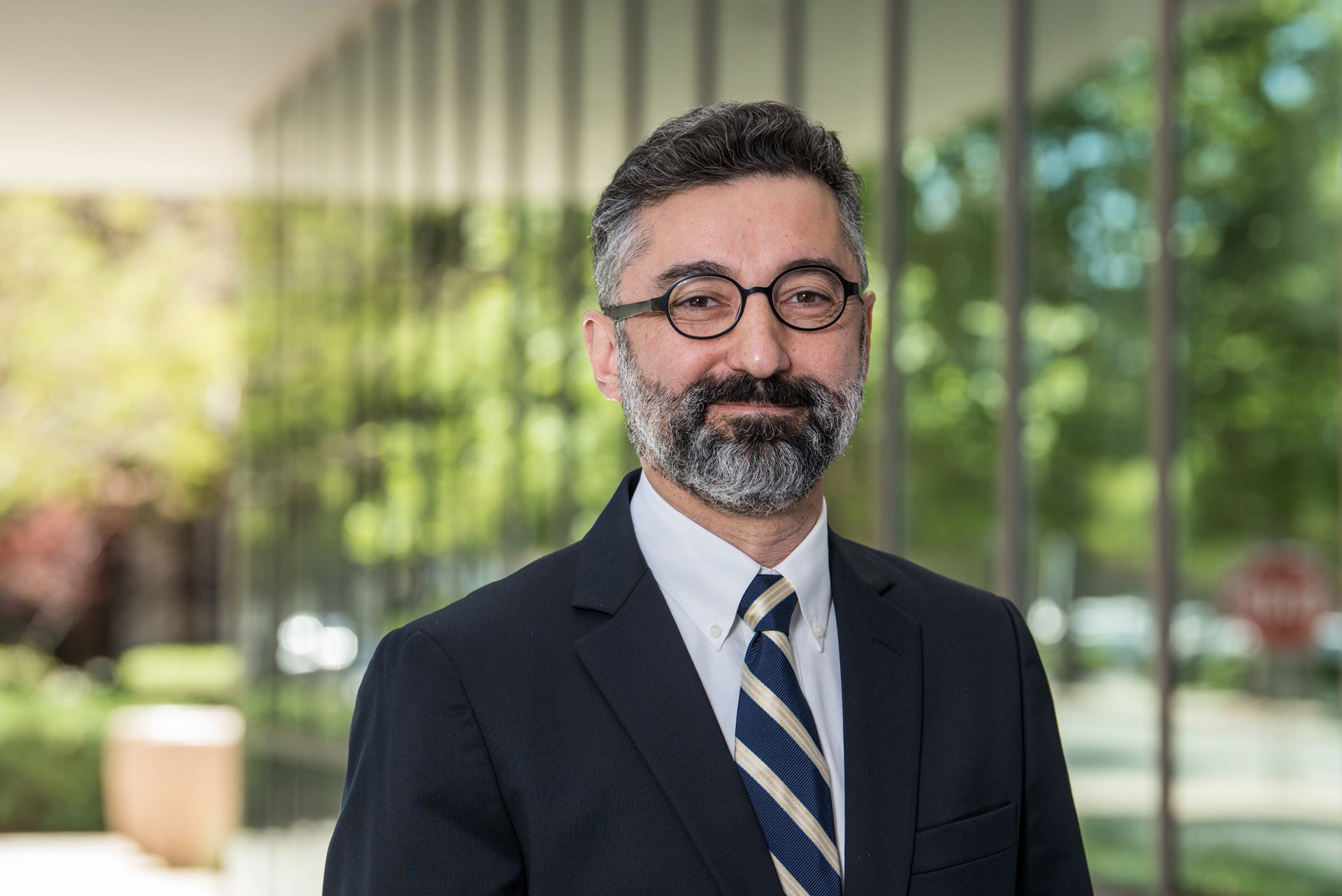Kerop Janoyan, PhD, joined the University of La Verne on April 1 as provost and vice president for academic affairs. He came from Clarkson University, where he was dean of the Graduate School and a professor in the Department of Civil and Environmental Engineering. He earned bachelor’s, master’s, and PhD degrees in civil engineering at the University of California, Los Angeles.
You’ve experienced life and education in several very different parts of the world. How did those experiences help to shape you?
Before moving to the US at age 12, I had lived or gone to school in Iraq, England, Cyprus, and Italy. I learned Armenian as my first language, then Arabic, and then English in elementary school. Making friends and acclimating to different environments and cultures has helped me to be more resilient and to adapt easily to different situations and people.
How does your engineering training and mindset help you as an administrator in higher education?
I’ve always liked looking at both the big picture and the details. My academic research has been on structural health monitoring of bridges, but I was always interested in the everyday bridges that usually go unnoticed. People don’t typically think about these structures unless there’s a problem. How do you maintain and budget for these bridges to avoid having problems? I think being an administrator in higher education is like that, where you have to make sure the university is running smoothly for students, faculty, and staff. And it often requires silent leadership—if done right, people don’t notice it.
What attracted you to the University of La Verne?
The mission of the university resonates with me. It serves many first-generation students and has an impact that will change lives for generations to come. After my first interview at La Verne, my wife remembers I said I really liked everyone here. It felt very comfortable and familiar. And before I interviewed here, I was not aware that my father had applied (and was accepted) to graduate school at the University of La Verne in 1982. He showed me his acceptance letter, which he has saved for nearly 40 years! The University of La Verne had already positively impacted my life, even before I had started. I am honored to be able to positively impact a new generation of students.
What trends in higher education are you following most closely?
Higher education is evolving. Everyone is trying to understand what the landscape is going to look like in the coming years, especially as the incoming student population is largely comprised of digital natives. What keeps me awake at night is not the trends we can see—rather, it’s not knowing what we don’t know. I try to think about possible scenarios and how to deal with them. And not just the threats, but the opportunities as well.
Have you had an “aha!” moment in your career?
Probably when my students have become faculty members themselves. It’s helped me see the whole academic cycle. I was once the former student sending holiday pictures of my kids to my faculty advisers who were pivotal in my life. Now my students are sending family pictures to me. Whenever I have gotten a promotion or tenure, among the first people I share the news with are my former mentors, to thank them.
What gets you up in the morning?
An espresso! Preferably Lavazza. Seriously, it’s opportunities to help and support students, faculty, and staff.
What might surprise people to learn about you?
I’m an avid cyclist and have been riding since I was 15 years old. Growing up in Southern California, my favorite ride was exploring the Angeles Crest Highway.
